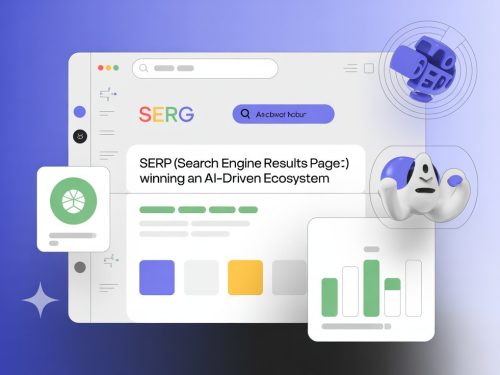social media has become an integral part of our daily lives, profoundly impacting various aspects of society, including the business world. Social media platforms have revolutionized the way companies communicate, market, and interact with their target audience. This article explores how social media has transformed the relationship between companies, fostering unprecedented levels of engagement, collaboration, and customer-centricity.
Social media has undeniably transformed the relationship between companies, customers, and other businesses. The enhanced communication, targeted marketing, collaborative partnerships, and improved customer service facilitated by social media platforms have revolutionized the way companies operate. Embracing the power of social media is no longer optional; it has become imperative for businesses to stay relevant, adapt to changing consumer behaviors, and foster meaningful connections. By leveraging the opportunities offered by social media, companies can thrive in the ever-evolving digital landscape.
1. Enhanced Communication and Accessibility on Social Media
Social media platforms have provided companies with an efficient and direct means of communication with their customers. Gone are the days of traditional media as the sole channel for companies to convey their messages. Today, businesses can engage in real-time conversations with their audience, receive feedback, and promptly address customer concerns. This increased accessibility fosters transparency and trust, allowing companies to build stronger relationships with their customers.


2. Targeted Marketing and Customer Insights on Social Media
Social media offers a goldmine of data and analytics that enable companies to better understand their customers. Through detailed demographic information, interests, and online behavior, companies can tailor their marketing strategies to reach specific target audiences. This targeted approach allows for more efficient and cost-effective marketing campaigns, resulting in higher conversion rates and return on investment.
Furthermore, social media facilitates direct customer engagement, enabling companies to conduct surveys, polls, and focus groups to gather valuable insights. By listening to customer feedback, businesses can identify pain points, enhance their products or services, and ultimately improve customer satisfaction.

3. Collaborative Partnerships and Influencer Marketing
Social media has transformed the landscape of business collaborations and partnerships. Companies can now connect with influencers, bloggers, and content creators to promote their products or services. By leveraging the reach and credibility of these influencers, businesses can tap into new markets and enhance brand visibility. Influencer marketing has become a powerful tool for companies to connect with their target audience in an authentic and relatable manner, often resulting in increased brand loyalty and sales.
Moreover, social media platforms facilitate collaborations among companies themselves. Joint marketing campaigns, co-branded content, and cross-promotion have become commonplace, allowing businesses to leverage each other’s audiences and resources. This collaborative approach not only expands reach but also fosters innovation and creativity.
4. Customer Service and Reputation Management
Social media has revolutionized customer service and reputation management. Customers now have the power to voice their opinions, both positive and negative, on public platforms. Consequently, companies must actively monitor and respond to customer feedback, complaints, and inquiries in a timely manner. By providing excellent customer service on social media, companies can demonstrate their commitment to customer satisfaction and improve their overall reputation.
“Best SEO company in Noida. Exceeded my expectations for my website. True experts in the field of SEO.”
Smrity Dubey
Additionally, social media enables companies to proactively manage their reputation by sharing positive stories, responding to crises, and addressing misinformation. By directly engaging with their audience, businesses can shape public perception and mitigate potential damage to their brand image.





